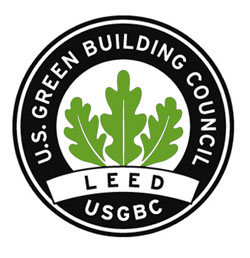Hot Water Heater Repair: Everything You Need to Know
A hot water heater is an essential part of any home, providing the comfort of hot showers, clean dishes, and warm water for daily tasks. However, like all appliances, it can experience problems over time. Understanding the basics of hot water heater repair can save you time, money, and stress.
Common Signs Your Hot Water Heater Needs Repair
- No Hot Water or Inconsistent Heating
If your water suddenly turns cold or the temperature fluctuates, it may indicate a faulty heating element or thermostat. - Strange Noises
Rumbling, popping, or banging sounds often suggest sediment buildup at the bottom of the tank, which can reduce efficiency and damage the heater. - Leaks or Moisture Around the Tank
Water pooling near your heater is a serious warning sign. It could indicate a leaking tank, loose connections, or a faulty pressure relief valve. - Rusty Water
If the hot water appears rusty or discolored, it may mean the tank is corroding from the inside and may soon need replacement. - Foul Odor
A rotten egg smell can develop due to bacteria in the water heater tank. Flushing the tank and replacing the anode rod often solves this problem.
Common Hot Water Heater Repairs
- Replacing the Heating Element
Electric water heaters use heating elements to warm water. If these fail, replacing them restores hot water supply. - Fixing or Replacing the Thermostat
A malfunctioning thermostat can cause inconsistent temperatures. Adjusting or replacing it can fix heating issues. - Flushing the Tank
Sediment buildup is common in areas with hard water. Flushing the tank periodically improves efficiency and prevents damage. - Repairing Leaks
Minor leaks from connections or valves can be repaired, but a leaking tank often requires a full replacement. - Replacing the Pressure Relief Valve
If the valve is faulty, pressure can build up, leading to dangerous situations. Replacing the valve ensures safe operation.
DIY vs Professional Repair
Some minor issues, like flushing the tank or replacing a pressure relief valve, can be done by a confident DIYer. However, electrical components, gas lines, and major leaks should always be handled by a licensed plumber to ensure safety and compliance with local codes.
Preventative Maintenance Tips
- Regularly flush your tank to remove sediment.
- Check the anode rod every few years to prevent corrosion.
- Inspect for leaks and unusual noises periodically.
- Maintain the correct temperature (usually around 120°F / 49°C) to prevent scalding and save energy.
Conclusion
A properly functioning hot water heater is crucial for comfort and convenience in your home. By recognizing early warning signs, performing routine maintenance, and addressing repairs promptly, you can extend the life of your water heater and avoid costly replacements. When in doubt, consulting a professional plumber ensures the job is done safely and effectively.





Post Comment